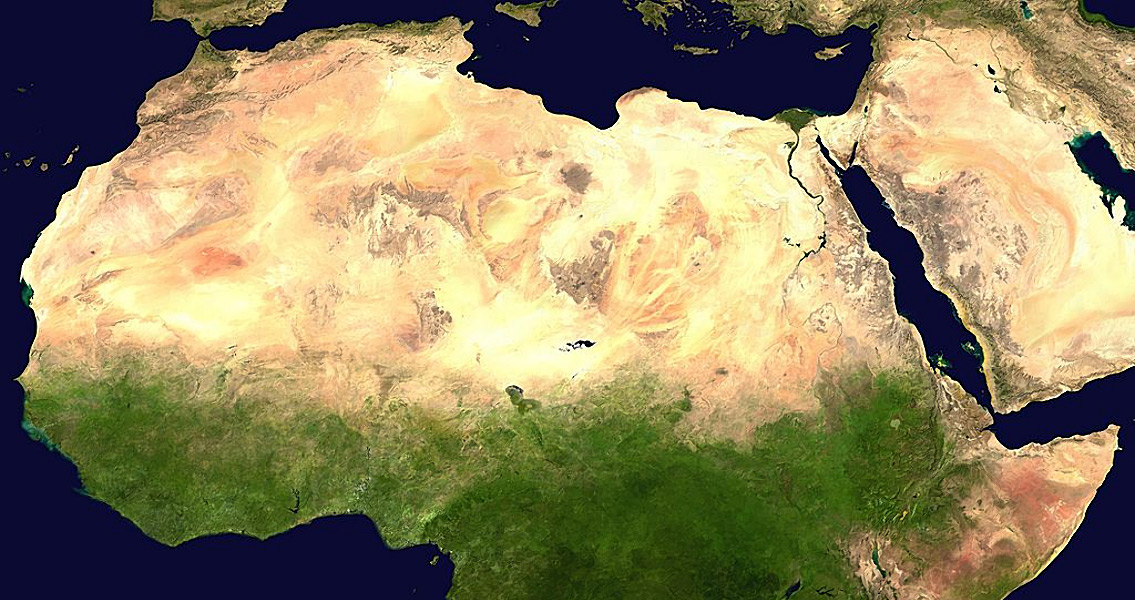<![CDATA[A new genome study of modern-day Ethiopians and Egyptians has suggested that Egypt was the more likely route that the first modern humans took out of Africa. The study, from the Wellcome Trust Sanger Institute and the University of Cambridge, sequenced the genomes of 100 Egyptians and 125 Ethiopians, and found that the Egyptian samples had characteristics that were more similar to Eurasian genomes than the Ethiopian samples were. Based on this, the team estimated that Eurasians, from which all European and Asian peoples sprang, separated from Egyptians around 55,000 years ago, while the divergence from Ethiopians happened 65,000 years ago, and that from West African peoples happened 75,000 years ago. What these conclusions imply is that early modern humans spread across the world via Egypt, rather than Ethiopia, which is considered the other likely route for this exodus. So far, the scientific community has been split between these two routes, with evidence supporting each hypothesis. This latest study is tipping the scales in favour of Egypt. In order to confirm their hypothesis, the research team first selected a set of genetic characteristics to study from the two samples. This set excluded any characteristics that appeared from recent interbreeding between Eurasians and Egyptians/Ethiopians as a result of a back migration into Africa. The researchers then compared this selection of characteristics with the genomes of three Eurasian groups: Chinese, Indians, and Italians. In addition, they compared the samples to West African DNA. Talking about the study results with Live Science, the lead author Luca Pagani said that what is most exciting for the team is shedding light on an important stage of the evolution of all European and Asian peoples. This will deepen the understanding of billions of people of their “biological history”. Another of the authors, Toomas Kivisild from the University of Cambridge, told media that the results give a clear map of how modern humans moved out of Africa, even though they do not account for all the aspects of the process or give it any precise timing. One additional benefit of the study is that science has gained a neat genomic database of the genetic diversity present in Ethiopia and Egypt, which can be used as reference in other studies, Phys.org notes. Some questions related to this major exodus in the evolution of humans are still waiting to be answered however, says co-author Chris Tyler-Smith from the Wellcome Trust Sanger Institute. One such question is whether the route through Egypt was the only mass migration of that period, or were there other groups that left the continent without their genetic makeup surviving to the modern day? This question could be answered by the examination of ancient genomes from the areas through which such a migration would have passed. It has been established that the route through Ethiopia was indeed used, but probably by fewer people who did not go beyond the Arabian peninsula and whose genetic makeup has left no trace in the modern day, Pagani told Live Science. Image courtesy of Wikimedia Commons user: NASA]]>
Eurasians Probably Left Africa Through Egypt
